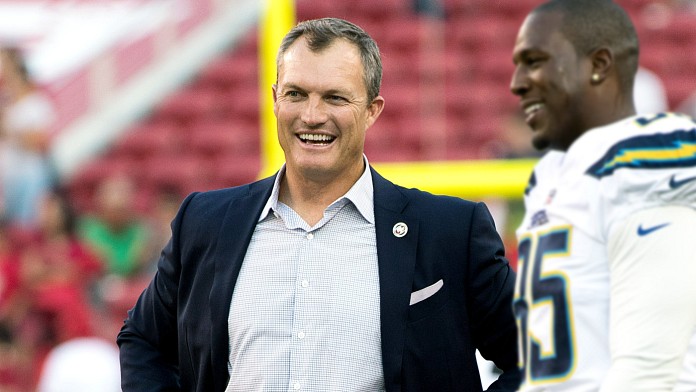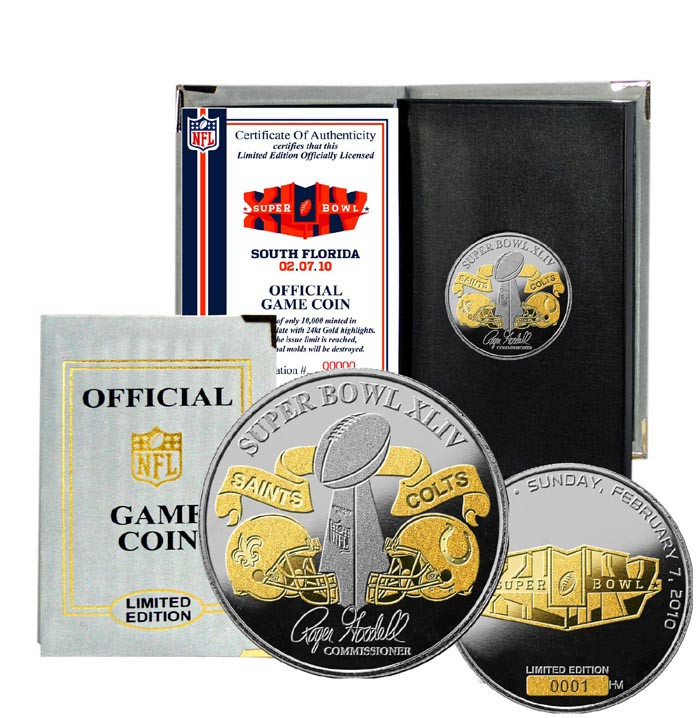
However, it's unlikely you'll find any bookmaker offering this. The odds are 50/50 and therefore should be priced at 2.0/2.0 on both sides, with zero margin. Putting the fun element to one side, on its own, the Super Bowl coin toss is a bad bet. Is there value betting on the Super Bowl coin toss?

While this is an interesting narrative that adds to the fun of the Super Bowl, it simply isn't true. Others, as previously mentioned, also claim this could be possible due to the fact that they are specially made for the occasion. Many bettors fail to see that as the coin has no memory – each flip is totally independent – and a streak over 55 coin tosses isn’t statistically significant. This is explained by the law of large numbers (something that has also been discussed in a separate article regarding the Gambler’s Fallacy).Ī lack of understanding about probability amongst the general public becomes apparent when we hear of speculation about the coins being biased. This, along with the NFC's 65% win rate in the Super Bowl coin toss (37/55), has given rise to a familiar misconception about random events such as a coin toss (people begin to believe that it isn't actually random). One of the reasons that the Super Bowl coin toss has captured bettors’ imaginations is that from 1998 to 2011, the NFC recorded 14 consecutive wins – that’s two to the power of 14, or odds of 16,001.00 (+1,600,000). There is nothing wrong with indulging in fun bets like the Super Bowl coin toss, so long as you are clear that it is entirely random and provides poor value, and that you keep these principles in mind if you intend to bet for profit. However, even with a far greater sample size you would still struggle to justify such a statement. People may argue that, based on these figures, the Super Bowl coin toss has some influence on the outcome of the game. In 55 Super Bowls, the winner of the coin toss has gone on to lift the Vince Lombardi Trophy 26 times (47%), and lost 29 times (53%). Is winning the Super Bowl coin toss significant?

However, since then it has become clear that there is actually a small advantage to be gained from starting with the ball in the second half and thus, the standard choice is now to defer. Up until the early 2000s it was thought that it was better to start with the ball, with the logic being that starting the game on an offensive drive is better - with the chance of an early confidence-boosting score. This meant the standard choice had been to receive. The team that wins the Super Bowl coin toss then has the option of choosing to receive the ball, or to select which side they wish to start in the big game. When the coin landed tails side-up, Luckett awarded possession to the Lions, who went on to win the game – something that changed the coin toss rules forever. On that occasion, Referee Phil Luckett heard Steelers running back Jerome Bettis call heads, while Bettis swears he said tails. This ensures that there is no mistaking what was said – a rule change resulting from the 1998 Thanksgiving Day Game between the Pittsburg Steelers and the Detroit Lions. What does winning the coin toss mean?Īfter the designated team chooses heads or tails for the Super Bowl coin toss, the referee confirms the call mid-toss. In 2022, the Rams wore white at Super Bowl LVI with the Bengals wearing black with orange trim.īecause the Cincinnati Bengals got to choose the uniform, the Los Angeles Rams got to call the coin - something that obviously wouldn't actually affect the Super Bowl coin toss odds. Anyone interested in irrelevant trends might take note of the fact that 14 of the last 17 Super Bowl winners had worn white jerseys - including the winners from the previous Super Bowl. This designation allowed the Bengals to choose which colour jerseys to wear. The AFC is designated as the home team for every even-numbered Super Bowl, so in 2022 – Super Bowl 56 – the AFC Champions (Cincinnati Bengals) were the home side, despite playing at the Rams' home stadium. The "ceremony" of the Super Bowl coin toss takes place approximately three minutes before the start of the game.
RAIDERS COIN FLIP PRO
In 2012, Curtis Martin - an inductee to the Pro Football Hall of Fame - was set to flip the coin but ended up as a spectator to referee John Parry who mistakenly took the honours. This has added to the spectacle of the coin toss but it doesn’t always go smoothly. The Super Bowl coin toss has become so significant that since 1978, a nominated celebrity has flipped it.

Super Bowl coin toss: Who flips and when? No portion of this site may be reproduced without the express written permission of the Las Vegas Raiders.Glossary ► Super Bowl LVII coin toss odds in 2023


 0 kommentar(er)
0 kommentar(er)
